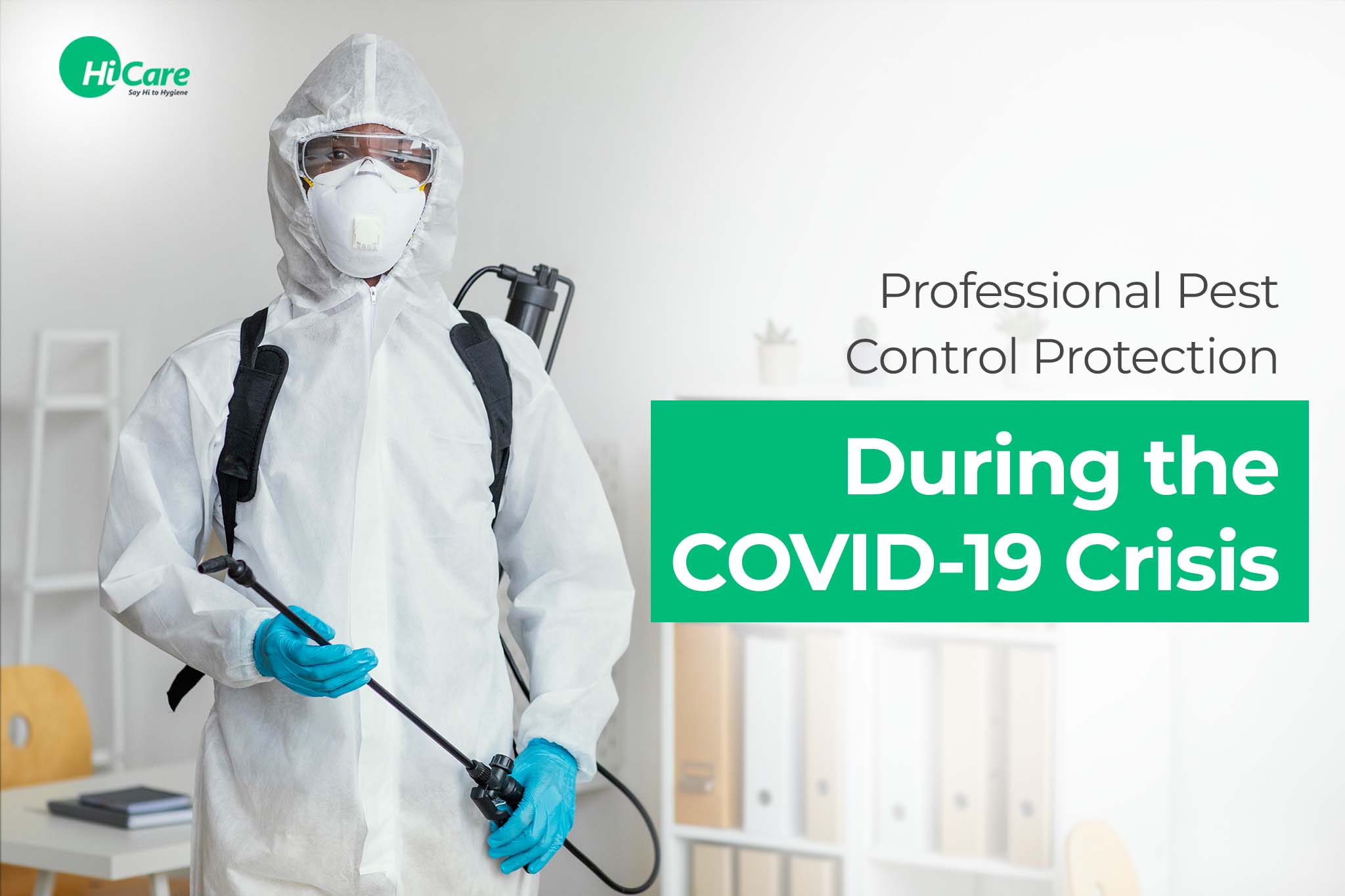Budget Friendly Pest Control Clovis: Solutions Tailored to You
Comprehending the Numerous Methods to Parasite Control: A Comprehensive Guide

All-natural Bug Control Approaches
Using environmentally friendly strategies such as friend growing and organic bug control is crucial for effectively managing pests in farming setups. Friend growing includes growing different crops in proximity to deter pests, boost nutrient uptake, and improve total plant wellness. Planting marigolds together with tomatoes can help push back nematodes. Intercropping maize with beans can interrupt the breeding patterns of pests like corn borers.
Biological pest control entails introducing all-natural predators or virus to control pest populaces. Ladybugs, for instance, prey on aphids, managing their numbers without the need for chemical pesticides. An additional example is the usage of Bacillus thuringiensis (Bt), a bacterium that targets certain insect pests while being safe to humans, animals, and advantageous pests.
These eco-friendly approaches not only reduce the reliance on artificial pesticides yet also aid preserve biodiversity and soil wellness. By incorporating all-natural parasite control methods right into agricultural techniques, farmers can achieve sustainable bug monitoring while reducing unfavorable effect on the environment.

Chemical Pest Control Solutions
In addition to natural bug control approaches, the utilization of chemical insect control solutions plays a considerable function in properly managing pest populations in agricultural environments. Chemical insect control options are developed to target details pests that may cause comprehensive damage to crops. These services commonly have artificial chemicals that are designed to eradicate insects rapidly and efficiently.
One of the essential advantages of chemical pest control solutions is their effectiveness in regulating pest infestations on a large range. Farmers can use these options utilizing different methods such as spraying, airing out, or seed therapy to shield their plants from unsafe bugs, weeds, and illness. Additionally, chemical pest control remedies are reasonably simple to apply and can supply fast results, aiding farmers secure their yields and minimize financial losses.
Nevertheless, it is important to make use of chemical parasite control solutions deliberately to reduce potential unfavorable influence on the setting, non-target organisms, and human health and wellness. Proper application methods, adherence to security standards, and normal monitoring are crucial to guarantee the responsible use chemical insect control remedies in agricultural techniques.
Biological Bug Control Approaches
Biological insect control approaches leverage natural killers or virus to handle parasite populations in agricultural setups effectively. This technique supplies a sustainable and eco-friendly solution to pest administration, lowering the reliance on synthetic chemicals and lessening damage to the environment. One typical biological control strategy is the intro of natural opponents, such as ladybugs or parasitic wasps, to target details bugs. These killers feed on the insects, assisting to manage their populaces normally - pest control clovis.
An additional organic control method entails utilizing virus like infections, germs, or fungis to infect and eliminate insects. Overall, organic pest control techniques offer a lasting and targeted solution to pest monitoring in agriculture.
Integrated Bug Management (IPM)
Integrated Pest Administration (IPM) is an extensive method that incorporates various insect control approaches to successfully take care of and decrease pest populations in read the full info here agricultural systems. IPM concentrates on long-term prevention of bugs through a combination of organic, social, physical, and chemical control methods. By integrating these various methods, IPM intends to lower reliance on chemical pesticides, reduce ecological influence, and promote sustainable insect monitoring techniques.
One key element of IPM is the usage of organic controls such as all-natural predators, parasites, and microorganisms to control bug populaces. This approach harnesses the power of nature to keep an equilibrium between pests and their natural enemies without triggering damage to the atmosphere.
Furthermore, IPM entails social techniques like crop cleanliness, rotation, and habitat manipulation to create unfavorable conditions for pests and interrupt their life cycles. Physical controls such as barriers, composts, and traps are also utilized to prevent pest problems.
Physical and mechanical Insect Control Techniques
Utilizing non-chemical approaches, such as physical and mechanical insect control techniques, is a critical element of detailed insect management approaches, building on the foundation of Integrated Parasite Administration's holistic strategy. Mechanical bug control involves the usage of physical barriers or catches to avoid insects from accessing and damaging plants or frameworks. try this website This method can consist of methods like mounting screens on windows, utilizing row covers in agriculture, or using sticky traps to capture bugs.
Physical insect control approaches, on the other hand, emphasis on directly removing insects via physical ways. For example, utilizing warmth treatments to eliminate bed bugs or vacuuming up parasites like spiders or ants can be efficient means to manage problems without using chemicals. By including these physical and mechanical parasite control techniques right into an Integrated Parasite Management strategy, people and professionals can reduce reliance on chemicals while still efficiently handling pest populaces and decreasing damages.
Conclusion

In addition to all-natural insect control methods, the application of chemical insect control solutions plays a substantial function in effectively taking care of pest populations in farming atmospheres.One of the key benefits of chemical pest published here control remedies is their efficiency in regulating insect infestations on a big range.Integrated Insect Monitoring (IPM) is an extensive approach that incorporates various bug control strategies to properly manage and decrease pest populations in agricultural systems.Making use of non-chemical methods, such as physical and mechanical pest control methods, is a crucial element of comprehensive insect monitoring strategies, developing upon the structure of Integrated Pest Administration's all natural approach. By integrating these physical and mechanical parasite control methods right into an Integrated Pest Administration strategy, experts and individuals can lower dependence on pesticides while still efficiently lessening and taking care of pest populaces damages.